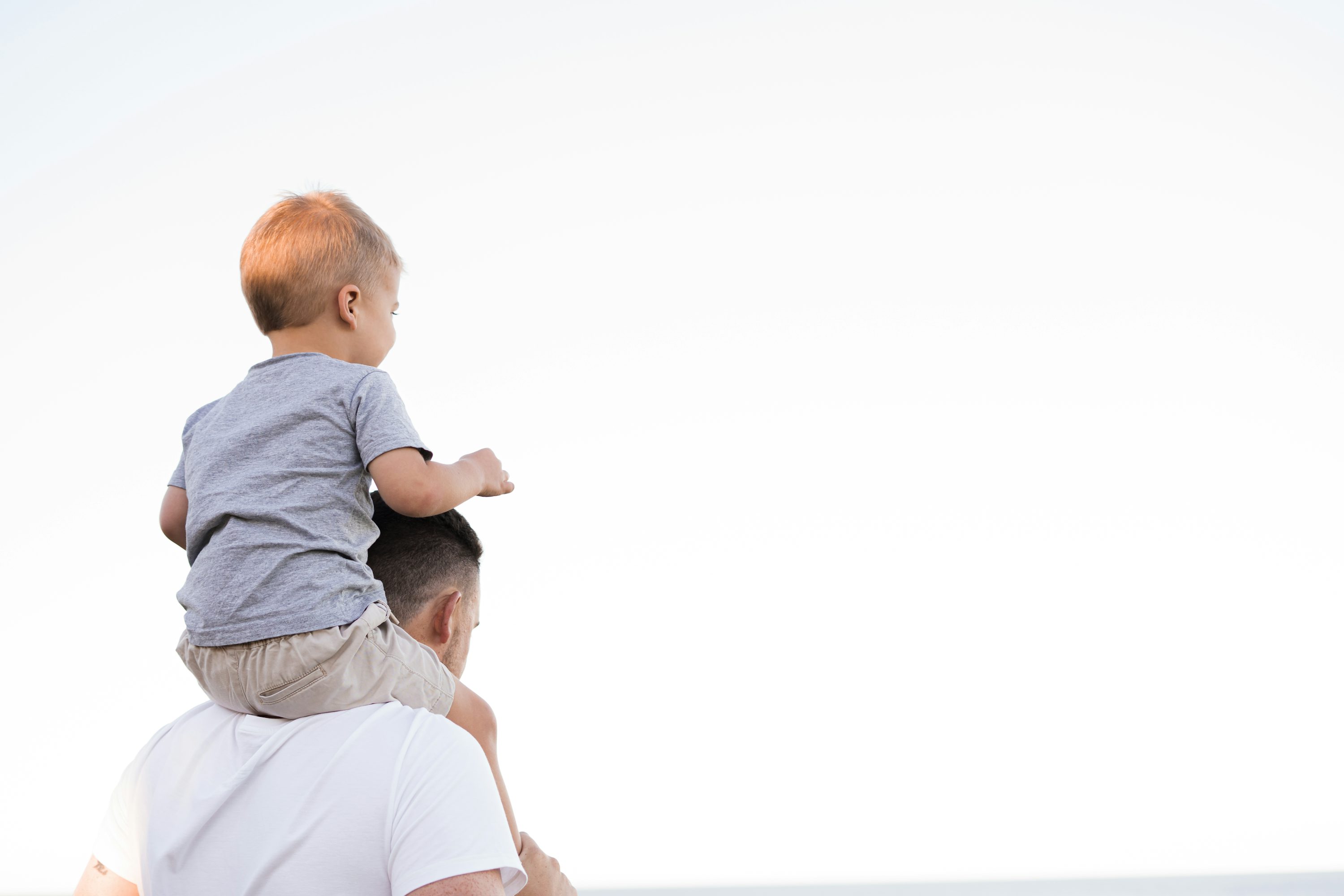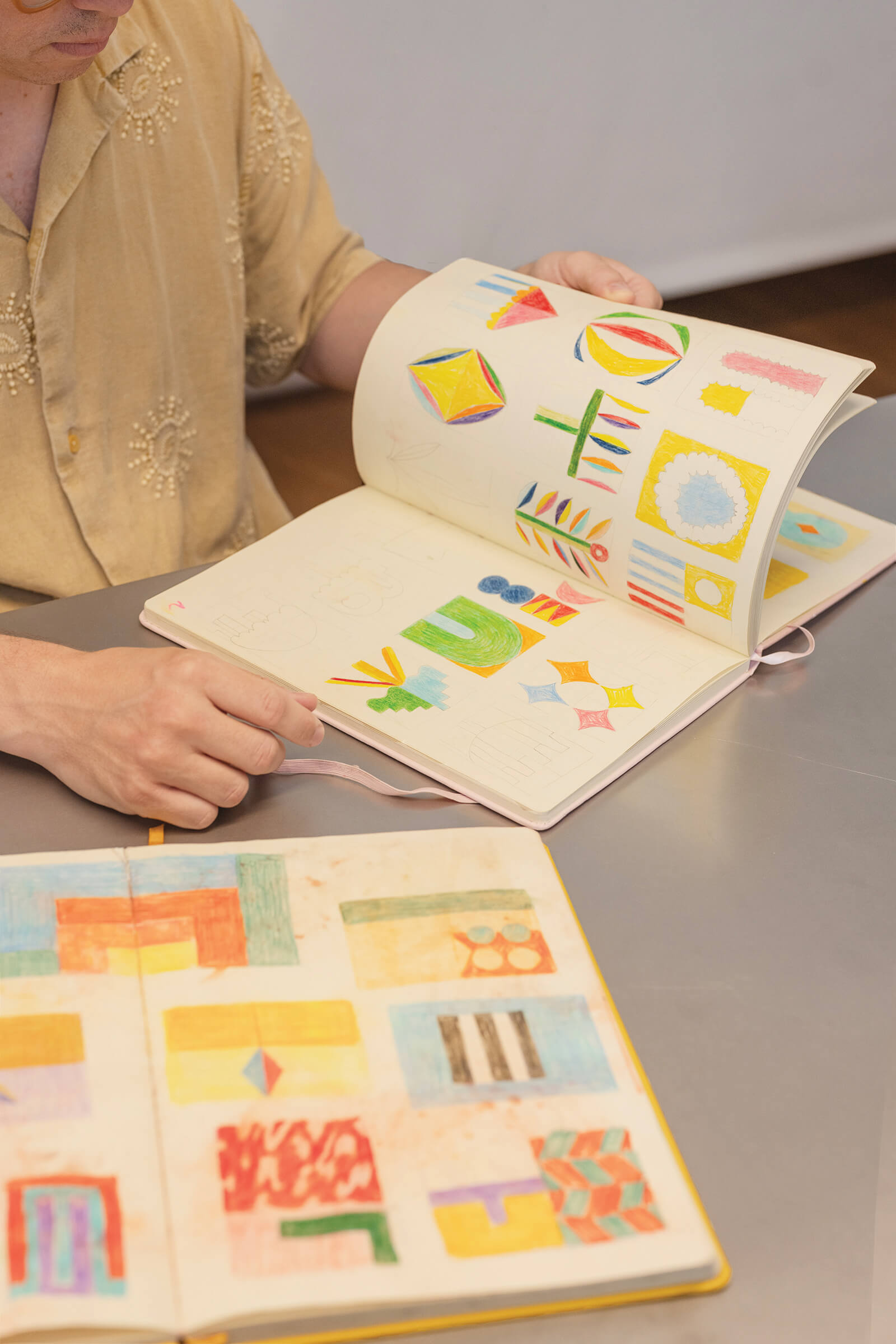Making the Case for Slow Parenting

Take a breath. Sit with our kids. Laugh more, rush less.

In a world that constantly moves faster, where calendars fill up quickly and to-do lists never end, many parents are beginning to wonder if all this rushing is really what's best for our children. Somewhere between scheduled activities, playdates, and screen-time battles, a quiet idea is gaining momentum:
What if we just slowed down?
Slow parenting is not about doing less for the sake of laziness, it’s about doing less on purpose. It’s a mindset that invites children to grow, explore, and find their way at their own pace. Instead of rushing from one structured activity to the next, slow parenting makes room for unstructured play, spontaneous adventures, and the kind of conversations that happen when no one is in a hurry.
And for parents juggling demanding work schedules, slow parenting can actually serve as a relief, not a burden. By encouraging autonomy, curiosity, and independent problem-solving in everyday life, it empowers children to take more initiative and rely less on constant adult direction.
“Childhood should not be a race.” ,
Carl Honoré
When we step back and give children time, time to get bored, to make things up, to climb trees, to lie on the floor with their thoughts, we're giving them the space to develop creativity, independence, and a real sense of self. And we, as parents, get to slow down too. We get to listen more, stress less, and connect deeper.
“Every child needs playtime, downtime, and family time every day.”
Denise Pope, Stanford Graduate School of Education
Denise Pope reminds us that kids don’t just need schedules; they need unstructured moments to protect their mental health and support healthy development. Even though the days of “come home when the streetlights are on” might be behind us, we can still reclaim some of that freedom, whether it’s relaxed afternoons at the park or choosing after-school activities that let kids take the lead.

Slow parenting also invites us to reconsider the questions we ask our children. Rather than focusing only on grades and achievements, what if we asked: Are you happy? What made you curious today? Did you try something new, or make a mistake worth learning from?
The goal isn’t perfection, it’s resilience, creativity, connection.
Let’s not save play for leftover time. Let it be part of daily life, not just something kids earn after everything else is done. And let’s remember that boredom isn’t something to fear, it’s where imagination begins.
So whether you're in a season of routine or chaos, maybe the best thing we can do is pause. Take a breath. Sit with our kids. Laugh more, rush less. Because slow parenting isn’t about falling behind. It’s about showing up for what matters most, right here, right now.
Stay Connected with Bubu Island
Subscribe to our newsletter for the latest updates and tips on early childhood development.

Explore Our Latest Insights
Discover tips and activities for young children.


.jpg)



